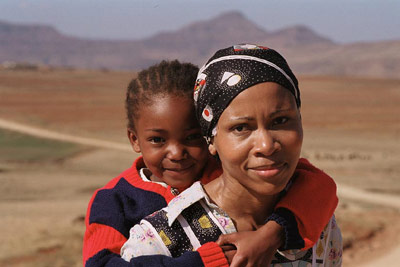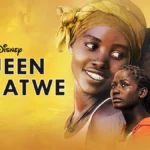South Africa boasts a rich cinematic history that has produced timeless classics reflecting the diverse cultural tapestry of the nation. From gripping dramas to thought-provoking narratives, South African cinema has left an indelible mark on the global stage. Here’s a look at five classic films that have earned their place in the annals of South African cinematic history.
- “Tsotsi” (2005)
Directed by Gavin Hood, “Tsotsi” is a powerful exploration of redemption and the human capacity for change. Set in the sprawling townships of Johannesburg, the film follows the transformation of David, a young gang leader, after an impulsive act of violence leads him to unexpected responsibility. The narrative is a poignant portrayal of the harsh realities faced by South Africa’s youth and the potential for redemption amidst adversity. “Tsotsi” won the Academy Award for Best Foreign Language Film in 2006, bringing global recognition to South African cinema.
- “Sarafina!” (1992)
Directed by Darrell Roodt, “Sarafina!” is a musical drama that vividly captures the spirit of resistance during the apartheid era. Starring Leleti Khumalo and Whoopi Goldberg, the film revolves around a group of students involved in the Soweto Uprising of 1976. Through powerful music and compelling performances, “Sarafina!” serves as both a historical document and an emotionally charged cinematic experience, shedding light on the courage and resilience of South Africa’s youth in the face of oppression.
- “Yesterday” (2004)
“Yesterday,” directed by Darrell James Roodt, is a poignant drama that addresses the impact of HIV/AIDS on rural communities. The film tells the story of a young mother named Yesterday, who discovers she is HIV-positive and is determined to secure a future for her daughter. With breathtaking cinematography capturing the landscapes of rural KwaZulu-Natal, “Yesterday” not only raises awareness about the HIV/AIDS epidemic but also weaves a universal tale of love, sacrifice, and the human spirit’s triumph over adversity.
- “Cry, the Beloved Country” (1995)
Based on Alan Paton’s novel, “Cry, the Beloved Country” is a compelling adaptation directed by Darrell James Roodt. The film explores the social and racial tensions in South Africa during the apartheid era through the parallel stories of two fathers—one black and one white—linked by tragedy. With powerful performances by James Earl Jones and Richard Harris, the film serves as a poignant reflection on the complexities of a nation grappling with injustice and the quest for reconciliation.
- “District 9” (2009)
Directed by Neill Blomkamp, “District 9” takes a unique approach to science fiction, using the genre to critique apartheid and explore themes of discrimination and segregation. The film is set in an alternate reality where extraterrestrial refugees are confined to a ghetto in Johannesburg. Through a gripping and visually stunning narrative, “District 9” offers a fresh perspective on social issues while delivering an edge-of-your-seat cinematic experience. The film received widespread acclaim and showcased the innovation and creativity of South African filmmakers on the global stage.
These five films represent a cross-section of South African cinema, capturing the nation’s history, struggles, and triumphs. From the poignant dramas of the apartheid era to contemporary explorations of social issues, these classics continue to resonate with audiences worldwide, solidifying their place in the pantheon of South African cinematic excellence.











